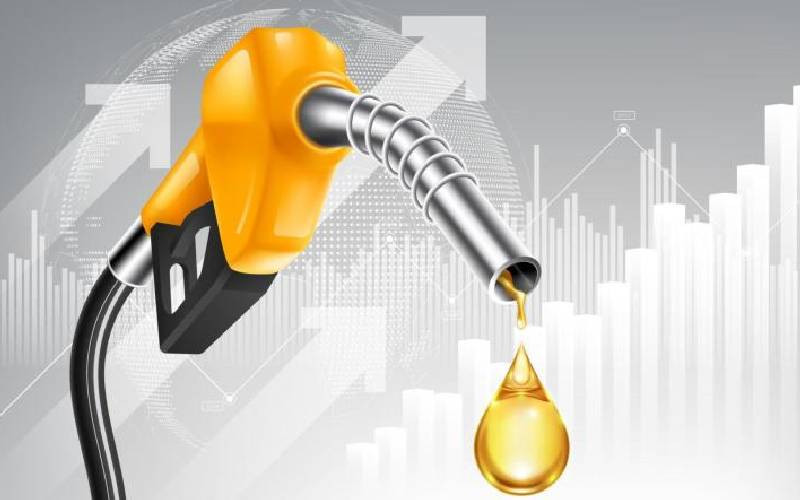×
The Standard e-Paper
Kenya’s Boldest Voice

At around midnight on Thursday, I stopped by a petrol station and filled up my tank.
I found several other Kenyans doing the same before prices shot up by a whopping Sh16.96 a litre for petrol and Sh21.36 for diesel. We saved a few shillings for the day. Why are fuel prices skyrocketing, more so when our leaders are away?